Wongama Dlova starts his shift on the assembly line at Africa’s biggest car factory with a mix of gratitude and dread. By day, he helps build the vehicles that contribute to South Africa’s export-driven economy. By night, he wonders if his job will still be there in a few months.
It’s not just the income from his role at Volkswagen’s Kariega (formerly Uitenhage) plant that he fears losing. In his community of Motherwell, one of the Eastern Cape’s most violent townships, the loss of steady salaries could worsen already rampant lawlessness. And it’s not just his job on the line: thousands more across the region’s vast supply chain are at risk.
“In my area, gangs are already recruiting hungry young boys to extort businesses and people,” the 38-year-old tells Currency. “If more jobs are lost, crime will explode. We’re already burying too many.”
Thousands across the Eastern Cape share that fear. The province is the backbone of South Africa’s automotive industry, home to manufacturing giants that include Mercedes-Benz and Isuzu. Now, a new threat looms: the US is considering imposing steep tariffs of 30% on South African imports, effective August 1.
The timing couldn’t be worse. Last month, Goodyear announced plans to close its tyre plant, just around the corner from VW’s Kariega site, after more than 80 years in operation. More than 900 direct jobs are on the line, with the company citing a combination of global restructuring, cheap imports, and South Africa’s rising transport and energy costs.
Denise van Huyssteen, CEO of the Nelson Mandela Bay Business Chamber, says the potential closure would be a significant blow to the metro’s economy, where manufacturing is a key pillar. She adds that the government and industry players are exploring options to soften the impact, including retraining and relocation programmes.
The broader threat is just as serious. South Africa exported more than 25,000 vehicles to the US in 2024, generating nearly R29bn in revenue. Much of that came from Eastern Cape plants. The industry accounts for more than 30% of the province’s GDP, and about 40% of the country’s automotive workforce is based there.
Social time bomb
Already, crime statistics in Nelson Mandela Bay, which includes areas such as Kariega, Gqeberha and Despatch, make for eye-watering reading. The province recorded the highest murder rate in the country in the final quarter of 2024, with Motherwell among the worst-hit precincts.
“We are sitting on a social time bomb,” warns Mziyanda Twani, Eastern Cape secretary of the National Union of Metalworkers of South Africa (Numsa). “If volumes from the US dry up, it won’t just hurt workers – it will collapse local economies.”
The Eastern Cape is a strategic hub for South Africa’s automotive industry, anchored by three major original equipment manufacturers (OEMs), which is supported by three ports – Port Elizabeth, Ngqura and East London – and two special economic zones at Coega and East London.
Mercedes-Benz South Africa is monitoring the tariff threat. Thato Mntambo, the company’s general manager for corporate affairs, urged South Africa and the US to remain in constructive dialogue to reach a negotiated solution “in the interests of both sides”.
Without swift intervention, the Eastern Cape risks a cascade of plant closures and disinvestment that could worsen the country’s third-worst unemployment rate. Declines in OEM production disrupt economies of scale and can force component suppliers out of business. Companies that do not export to the US still face intense global competition thanks to competitors with lower tariff burdens.
Paulina Mamogobo, the chief economist at the Automotive Business Council (Naamsa), tells Currency 65% of locally produced vehicles in 2024 were built for export.
“The ripple effects will spread across the broader business ecosystem,” Mamogobo adds, “especially in towns like East London, where the automotive sector anchors the local economy.”
Critical partner
Naamsa has been actively engaged with the government, providing data and insights to support trade talks. Officials are also exploring new export markets, but the erosion of benefits under the African Growth and Opportunities Act (Agoa) has already begun. A proposed 40,000-vehicle duty-free quota, put forward by the South African government, is seen as crucial to maintaining the viability of US exports.
“The US remains a critical partner, not only for trade, but for industrial stability and investor confidence,” Mamogobo says.
On the ground, workers and small business owners are already bracing for impact.
Nomakhosazana Mpilo, a mother of three who sells food outside the Mercedes-Benz plant in East London, fears for her family’s future. “If the factory slows down or cuts jobs, who will buy from me?” she asks. “I make at least R800 a day, but if even 100 of my customers lose their jobs, my income will halve. How will I pay rent? How will I feed my children?”
In New Brighton, Gqeberha, taxi operator Johnson Zitha says criminal violence is already escalating. His cousin was recently kidnapped for a R50,000 ransom. “If the economy worsens and jobs disappear, the gangs will come for us. No jobs means no ransom money – and they kill you.”
Across the province, spaza shop owners, mechanics and taxi drivers all echo the same concern: without the spending power of factory workers, the local economy could unravel.
Numsa is particularly concerned about its members at Mercedes-Benz, which exports heavily to the US, and at the Ford plant in Gqeberha, which supplies engines to the leading assembly site in Tshwane.
Twani warns that a drop in US orders could have far-reaching consequences beyond the province. “If Ford, VW or Isuzu cut production, the whole country will feel it,” he says.
For Dlova, the stakes are deeply personal. He supports his wife, children, mother and younger siblings.
“I’m able to put food on the table now,” he says. “But if they cut shifts, I don’t know how I’ll survive.”
Top image: Rawpixel/Currency collage.
Sign up to Currency’s weekly newsletters to receive your own bulletin of weekday news and weekend treats. Register here.


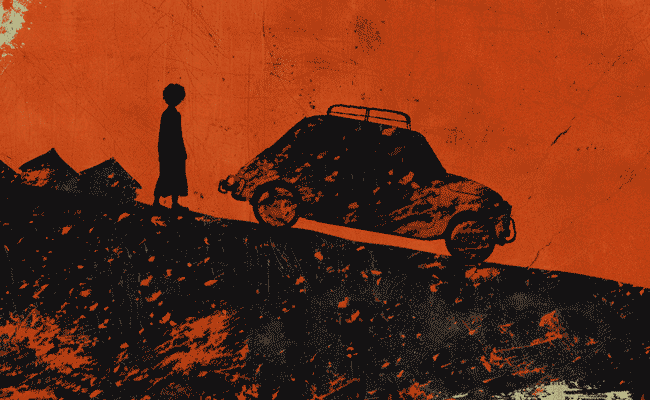
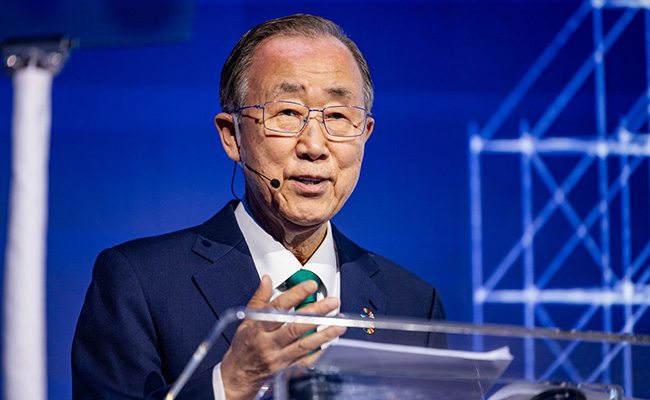
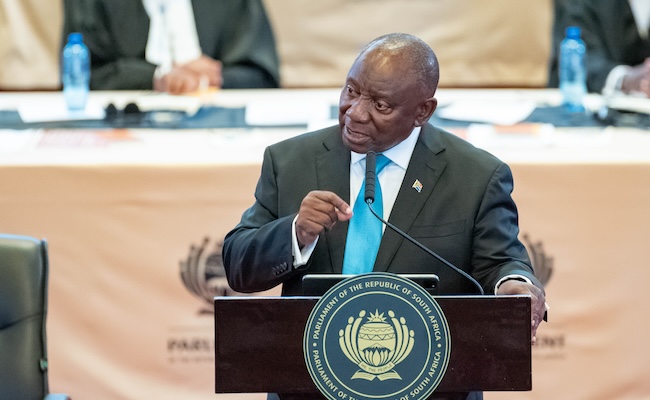
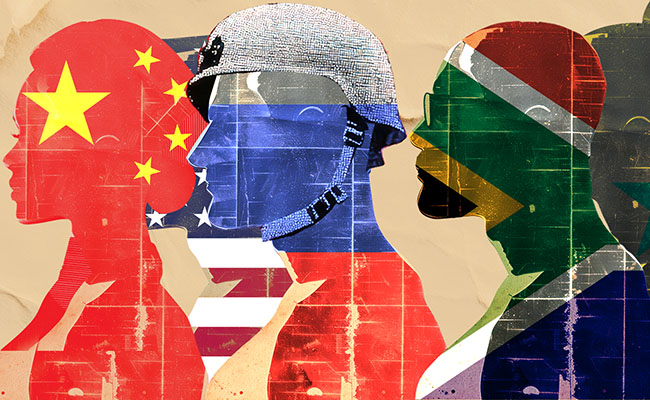

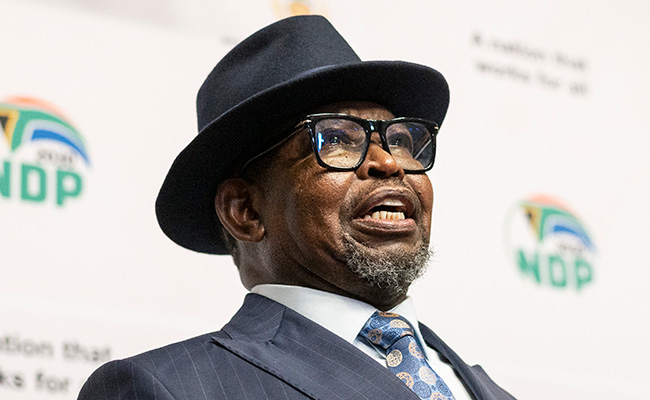
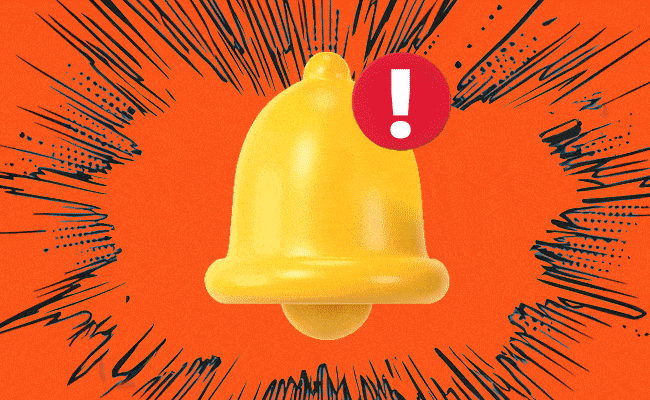
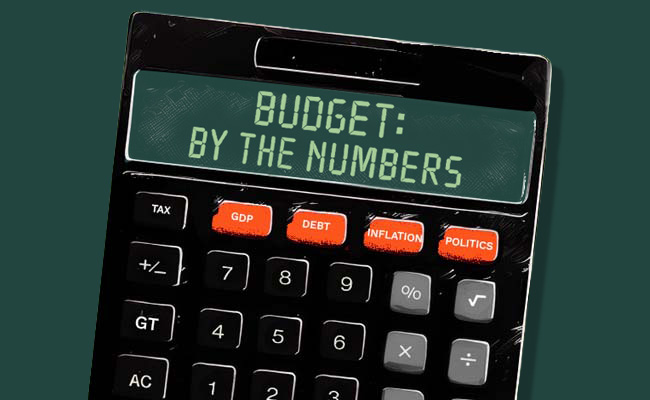



Does VW export to the US?To the best of my knowledge it doesn’t.Only Mercedes and Ford does.
The leaders of this government should be punished for their corruption, not the innocent citizens who do not agree with the decision they make.
We pay taxes. This is our bread and butter they taking away from us to fill their own pockets to build a communist country.
I agree whole heartily… Punished is a nice word they should be given whipping that they won’t be able to sit for a week…we as citizens of South Africa didn’t bring these stifling tariffs upon ourselves, thus these rulers in government should be sanctioned to the hilt.